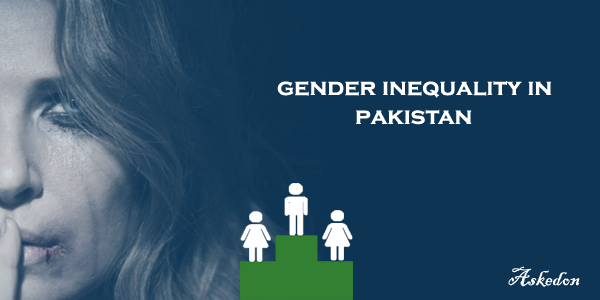Deforestation, the widespread clearance of forests, has become a pressing environmental concern in recent decades. As human activities continue to encroach upon forested areas, the consequences of deforestation on living organisms are becoming increasingly evident. This article delves into the various ways deforestation impacts the delicate balance of ecosystems and the survival of countless species. By exploring the effects on flora, fauna, and overall biodiversity, we can better comprehend the urgency of addressing deforestation and promoting sustainable practices.
Loss of Habitat
One of the most significant impacts of deforestation on living organisms is the loss of habitat. Forests are home to an incredible array of plant and animal species, many of which are specialized to thrive in these unique ecosystems. When forests are cleared for agricultural expansion, logging, or urbanization, the natural habitats of countless organisms are destroyed. As a result, species are displaced, and their survival becomes threatened. Animals that rely on forests for food, shelter, and breeding grounds face a severe decline in suitable habitats, leading to population declines and, in some cases, extinction.
Disruption of Food Chains
Deforestation disrupts the intricate web of interdependent relationships within ecosystems, including food chains. Forests provide a rich source of food for many species, from insects and birds to larger mammals. When these habitats are destroyed, the availability of food decreases, affecting the entire food chain. For example, the loss of forests can lead to a decline in insect populations, impacting insect-eating birds and small mammals. As a cascading effect, the absence of these species can then affect predators higher up the food chain, further disrupting the balance of the ecosystem.
Soil Degradation and Erosion
Forests play a vital role in maintaining healthy soils. The roots of trees hold the soil together, preventing erosion and ensuring its fertility. Deforestation exposes the soil to the elements, leaving it vulnerable to erosion by wind and water. As a result, valuable topsoil, which takes centuries to form, is washed away or blown off, leading to soil degradation. The loss of nutrient-rich topsoil can have far-reaching consequences, affecting agricultural productivity and the overall health of ecosystems. Soil erosion can also result in the contamination of water sources, further impacting aquatic life.
Climate Change
Forests play a crucial role in mitigating climate change by absorbing carbon dioxide, a major greenhouse gas, from the atmosphere. Deforestation contributes to increased greenhouse gas emissions and exacerbates global warming. As trees are cleared, the stored carbon is released back into the atmosphere, intensifying the greenhouse effect. This not only leads to rising temperatures but also affects precipitation patterns, disrupting weather systems and further impacting living organisms. The loss of forests also reduces the availability of natural carbon sinks, making it even more challenging to combat climate change effectively.
Biodiversity Loss
Deforestation poses a severe threat to global biodiversity. Forests are incredibly diverse ecosystems, harboring an astonishing variety of plant and animal species. When forests are destroyed, numerous species lose their habitats and, in many cases, become endangered or extinct. The loss of biodiversity not only diminishes the richness and beauty of our planet but also hampers the overall resilience of ecosystems. A reduction in biodiversity can weaken ecosystems' ability to adapt to environmental changes, making them more susceptible to disease outbreaks and other disturbances.
At the last, deforestation's impact on living organisms is multifaceted and far-reaching. Loss of habitat, disruption of food chains, soil degradation, climate change, and biodiversity loss are among the profound consequences of deforestation. Recognizing the importance of forests as vital ecosystems and understanding the interconnectedness of all living organisms is crucial for implementation.
Doda Ayub Xamurani
Soggat Academy Kallag







0 Comments